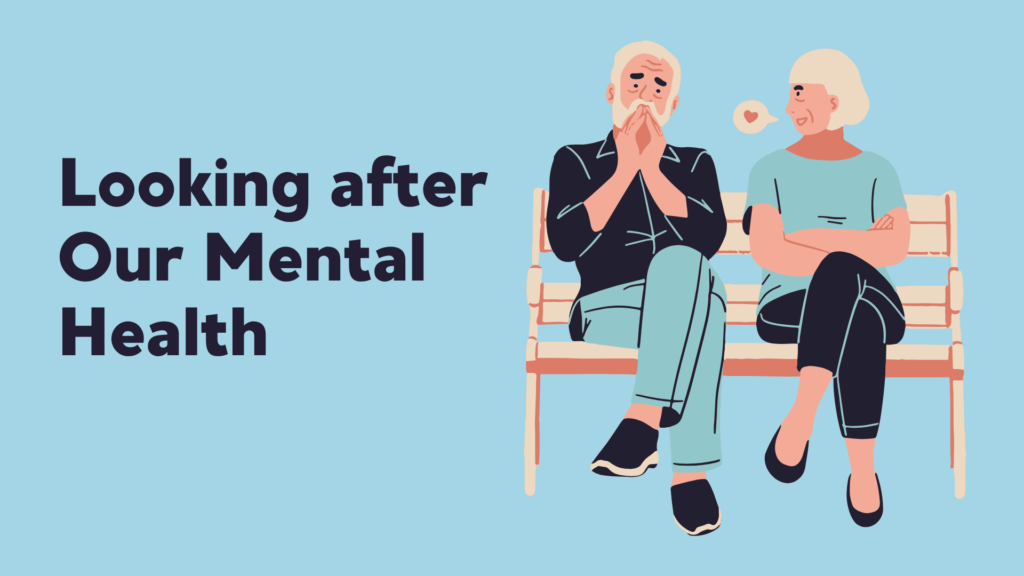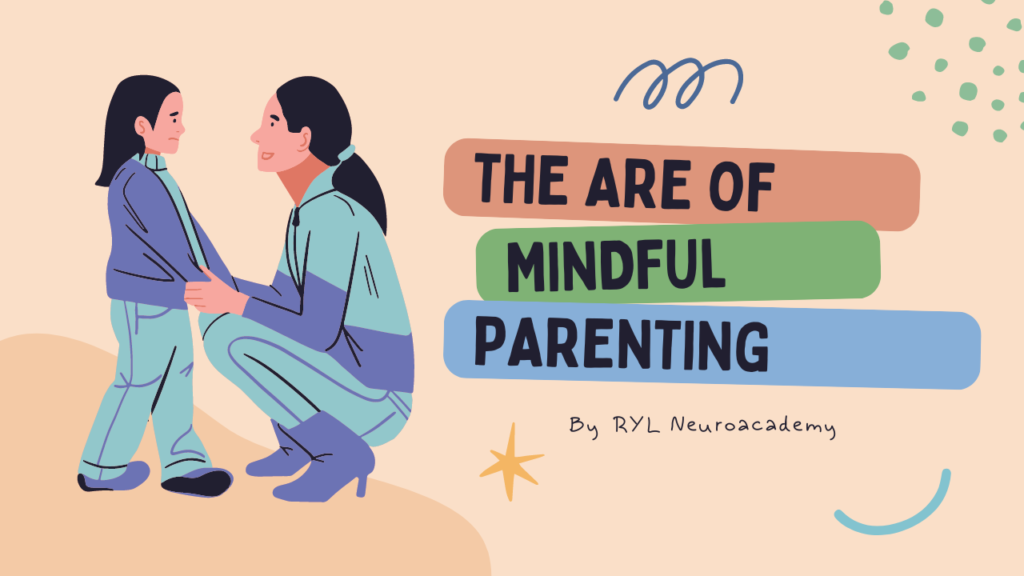Understanding Mental Health
Mental health is as vital as physical health—it affects how we think, feel, and behave in daily life. It plays a crucial role in determining how we handle stress, relate to others, and make decisions. In today’s fast-paced world, mental health challenges such as anxiety, stress, depression, and burnout are increasingly common.

When Should You Consult a Mental Health Therapist?
ou should consider seeing a mental health therapist if you experience:
- Persistent feelings of sadness or hopelessness.
- Difficulty managing stress or emotions.
- Problems in relationships or workplace dynamics.
- Symptoms of anxiety, phobias, or panic attacks.
- A desire to enhance self-awareness and emotional resilience.
Seeking help is not a sign of weakness but a proactive step toward personal growth and well-being.
How to Choose the Best Therapist
Finding the right therapist is a critical part of your mental health journey. Here’s what to look for:
- Credentials and Expertise: Ensure the therapist is certified and experienced in handling your specific challenges.
- Approach and Techniques: Look for therapists who use proven methods, such as Cognitive Behavioral Therapy (CBT), Neuro-Linguistic Programming (NLP), or mindfulness-based practices.
- Comfort and Rapport: You should feel comfortable sharing your thoughts and emotions with the therapist.
- Track Record: Seek reviews or testimonials from past clients to gauge their success.
What Should the Approach Be?
A great mental health therapist:
- Actively listens without judgment.
- Provides a safe and supportive space for you to express yourself.
- Uses a personalized approach tailored to your needs and goals.
- Helps you identify patterns, reframe negative thoughts, and build coping strategies.
Best Practices of a Mental Health Therapist
- Empathy: Genuine understanding and care for the client’s experiences.
- Clarity: Clearly explaining the process, goals, and progress of therapy.
- Confidentiality: Maintaining strict privacy and trust.
- Collaboration: Working alongside you to empower self-discovery and healing.
Types of Mental Health Therapy
Mental health therapy comes in various forms, tailored to meet different emotional and psychological needs. Here are some of the most common types:
1. Cognitive Behavioral Therapy (CBT)
- Focuses on identifying and changing negative thought patterns and behaviors.
- Helps manage issues like anxiety, depression, and phobias.
2. Psychodynamic Therapy
- Explores unconscious thoughts and childhood experiences to understand current behavior.
- Effective for deep-seated emotional issues.
3. Humanistic Therapy
- Centers on self-awareness and personal growth.
- Encourages individuals to reach their full potential by exploring feelings and self-worth.
4. Dialectical Behavior Therapy (DBT)
- A form of CBT that emphasizes managing emotions, improving relationships, and building mindfulness.
- Often used for borderline personality disorder and severe emotional dysregulation.
5. Interpersonal Therapy (IPT)
- Focuses on improving interpersonal relationships and communication skills.
- Effective for depression and social anxiety.
6. Family and Couples Therapy
- Addresses dynamics within families or relationships to resolve conflicts and improve understanding.
7. Neuro-Linguistic Programming (NLP) Therapy
- Works on reprogramming thought patterns and beliefs at the subconscious level.
- Uses techniques like visualization, anchoring, and reframing to create lasting change.
Why NLP Therapy Works Faster
1. Direct Access to the Subconscious Mind
NLP bypasses the conscious mind and targets deeply ingrained beliefs and thought patterns, enabling rapid change where traditional methods may take longer.
2. Focus on Solutions, Not Problems
Unlike some therapies that focus on analyzing problems, NLP emphasizes finding actionable solutions and creating empowering mental states.
3. Immediate Impact on Emotional States
NLP techniques, like anchoring and reframing, can produce instant shifts in how a person feels, helping them manage emotions effectively in real time.
4. Customized Techniques
Every session is uniquely designed to address the specific needs of the individual, ensuring faster and more relevant results.
5. Holistic Approach
NLP integrates the mind, language, and body, making it a comprehensive tool for emotional and psychological transformation.
6. Focus on Present and Future
While some therapies delve deeply into the past, NLP is goal-oriented, focusing on immediate improvements and future aspirations.
Take the First Step Today
Your mental well-being is just a click away! Connect with the best NLP-trained mental health therapists in Mumbai and embark on your journey toward clarity, confidence, and emotional resilience.
Click Here to Connect with the Best NLP Mental Health Therapist

